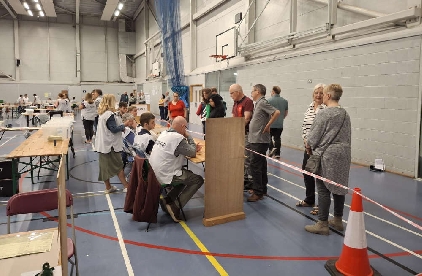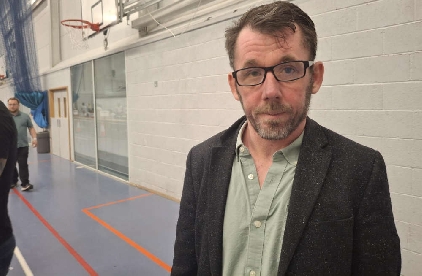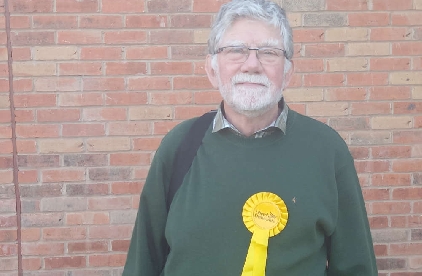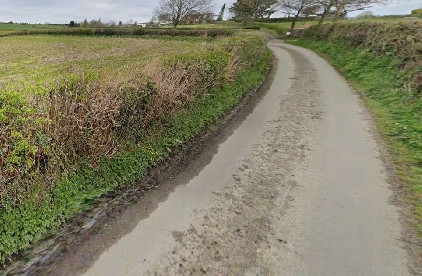
A council tax rise of 4.99 per cent has been confirmed for Shropshire Council.
The increase was voted through as part of the authority’s 2023/24 budget at a meeting of the full council on Thursday.
However councillors did not support proposals to protect residents on certain benefits in the lowest council tax bands from the rise.
The Conservative administration said the increase was necessary in order to balance the books for the coming year, but opposition members said it would be an added burden to residents already struggling with the cost of living.
Council leader Lezley Picton said: “We can bleat about the need for more government funding, and that is true, but that’s not happening, at least not happening now, so we have to get on with it.”
Councillor Picton said the council had no choice but to meet the rising costs of providing social care to vulnerable adults and children, and was not prepared to cut things like libraries and leisure centres, which she said other areas were doing.
She added the impact of soaring inflation had added further pressure on current and future finances.
The proposed budget, Councillor Picton said, included the “biggest transformation programme in the council’s history”, with ambitious plans to close the £51 million annual funding gap.
This will be achieved with the help of a ‘transformation partner’, who will be brought in at a cost of up to £3 million spread over three years to completely overhaul how the council runs.
Councillor Picton thanked opposition groups for the alternative budget proposals they had put forward in advance of the meeting, some of which will be explored further, but said they had not presented any suggestions for how to make the required £51 million savings.
Liberal Democrat group leader Roger Evans said the council had a track record of wasting money and the impact of that was now being seen.
Labour leader Julia Buckley said the budget proposals dealt a “double whammy” of cutting vital services for the county’s most vulnerable residents, while raising council tax.
She proposed an amendment, to exclude households in bands A and B, and who receive means-tested benefits, from the increase.
Councillor Buckley said this would cost the council £800,000 a year, which could be funded by cancelling the plans to bring in ‘transformation’ consultants.
However Gwilym Butler, cabinet member for resources, said the council already had numerous schemes providing targeted financial support to those who need it.
The amendment fell with 27 votes for and 36 against.
The budget, including the council tax hike, was then voted through by 38 votes to 25.


 Lib Dems preparing to take the reins after sweeping to power
Lib Dems preparing to take the reins after sweeping to power
 From Green to Gold as Lib Dems rush to control in Oswestry
From Green to Gold as Lib Dems rush to control in Oswestry
 Ballot paper drawn out to declare winner in Bridgnorth
Ballot paper drawn out to declare winner in Bridgnorth
 Revealed: The main roads in Herefordshire prioritised for repairs
Revealed: The main roads in Herefordshire prioritised for repairs
 Villagers fustrated over lack of road repairs
Villagers fustrated over lack of road repairs
 New Food and Drink group launched at online event
New Food and Drink group launched at online event
